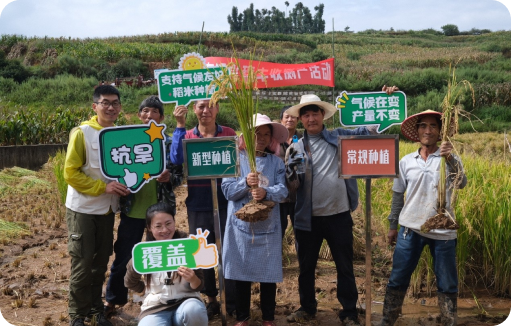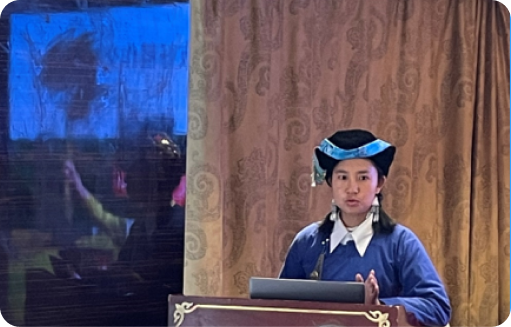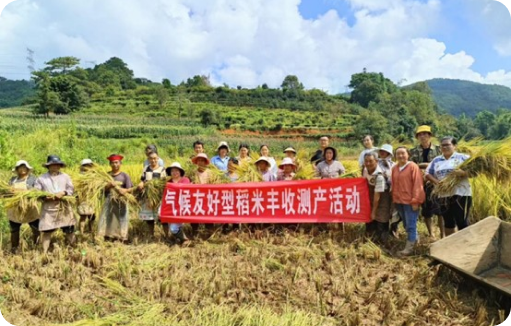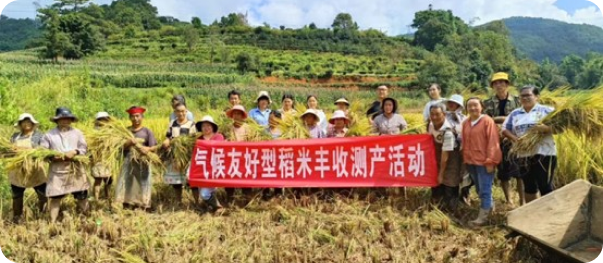Background
Global rice production must be included in dialogues on climate and sustainable development. Although the global agriculture sector—particularly livestock—is a major source of greenhouse gas emissions, rice production also contributes significantly.
In fact, rice cultivation drives as much as 10% of anthropological methane emissions, according to World Bank statistics. Methane is one of the most potent greenhouse gases that warm up the Earth’s atmosphere, with a climate heating potential that is 28-fold compared to carbon dioxide on a 100-year timescale. Besides being a major contributor of emissions, rice cultivation also uses up significant amounts of the planet’s resources, consuming approximately 40% of global freshwater.
While agriculture fuels climate change, it is in itself at risk due to the impacts of climate-induced extreme weather events. Rice provides one-fifth of the world’s total food calories, making it one of the most valuable staple foods sustaining diets across the world. Therefore, climate events such as droughts and water shortages that impact rice production have the potential to wreak enormous havoc to global nutrition and livelihoods.
This project, led by Zhenro Foundation, is based in China, the world’s largest rice producer. Besides being a production powerhouse, rice is the primary staple food for over 65% of the country’s population. China faces a number of additional unique challenges too, given its enormous population and the predominance of small-scale producers in the region.
To address these issues, this project aims to solve a number of distinct issues in relation to sustainable rice production in the country, from how to minimise chemical pollution in agriculture and slash emissions from rice cultivation, to how to create solutions that are context-specific and adaptable to the diverse conditions experienced across the nation of China. It also seeks to target the pivotal issues of farmland labour shortages as a result of urbanisation and the crucial need to safeguard the country’s food security.




